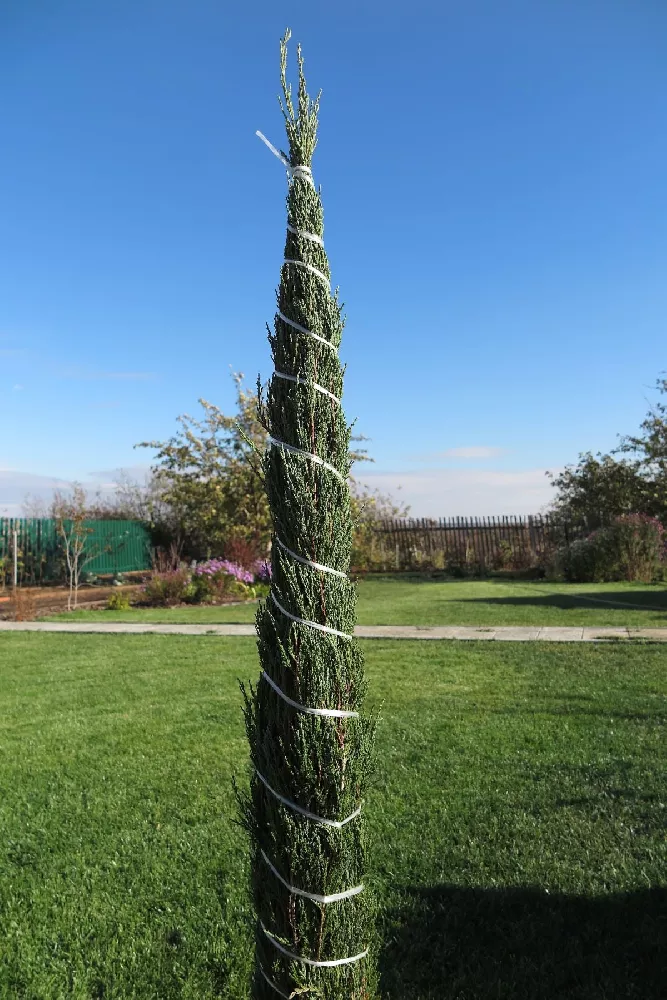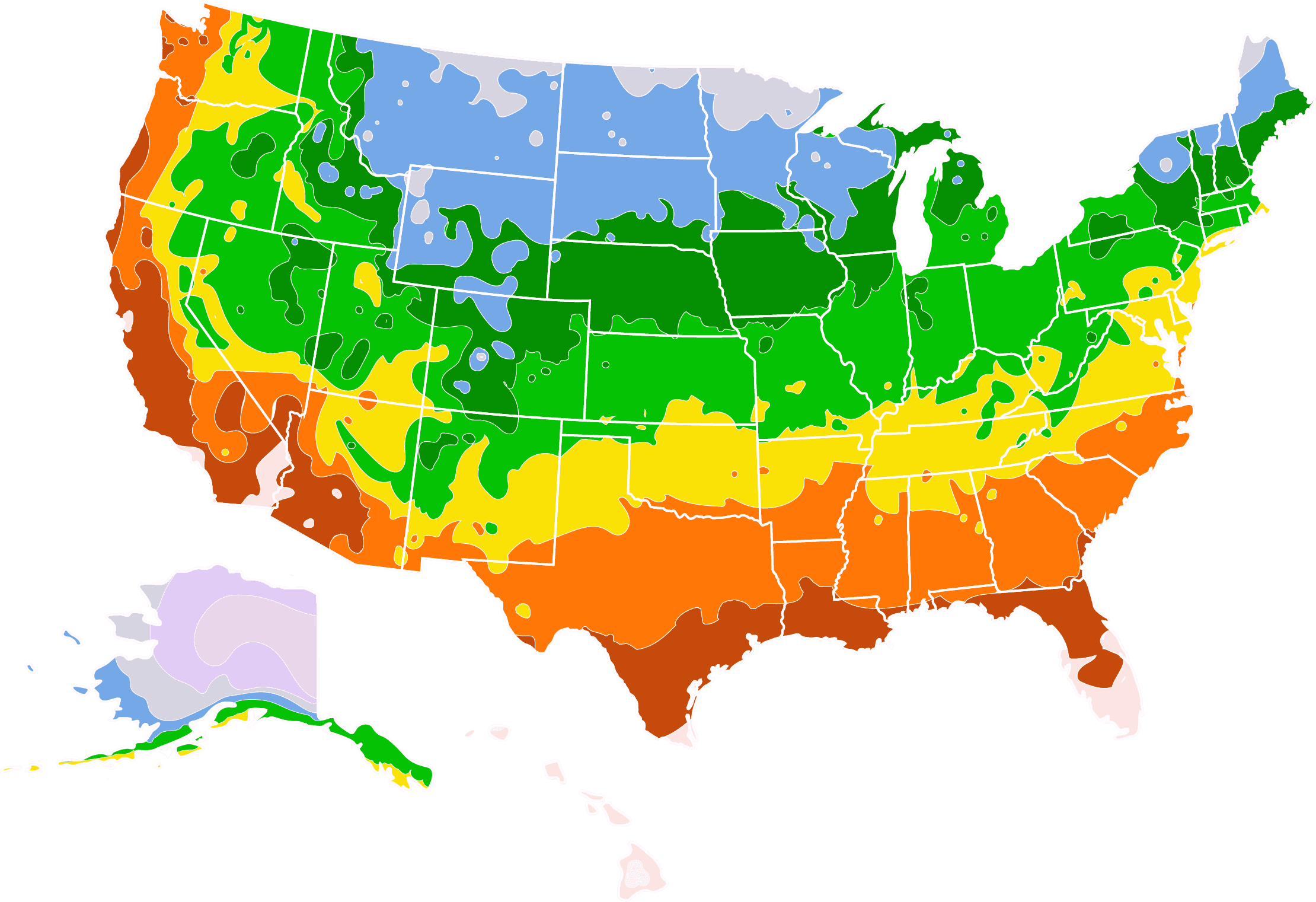- Home >
- Ground Cover Plants >
- Green Mound Juniper Topiary
Green Mound Juniper Topiary for Sale - Buying & Growing Guide
There is no limit to the intrigue you can create in your garden when you grow a Green Mound Juniper Topiary. This plant, known in the botanical world as Juniperus procumbens 'Green Mound,' responds incredibly well to pruning and shaping, allowing you to trim this small shrub into nearly any shape you like. That feature alone makes it perfect for formal gardens, and the adaptability of this plant allows it to survive in many different growing locations.
- You can prune your Green Mound Juniper Topiary into many interesting shapes.
- This plant is often drought-tolerant and highly adaptable to different growing locations.
- The Green Mound Juniper Topiary is the perfect container plant for formal gardens.
Enter your zip code to find nearby stores that may carry this plant.
Plant Care
Sunlight

The Green Mound Juniper Topiary should grow where there are at least six hours of daily sunlight.
Watering
An established Green Mound Juniper Topiary will be drought tolerant but will often perform best with weekly waterings.
Fertilizing

Use a nitrogen-rich fertilizer once in spring and once during the mid-fall.
Planting and Care
Planting instructions
While it’s entirely permissible to grow this plant in the ground, gardeners often choose to grow their Green Mound Juniper Topiary in a container. If you use a container, select one that is considerably wider than the root ball to allow the roots to develop properly. If you plant this shrub in the ground, you should use a planting hole that is as deep as the root ball and at least twice as wide. The Green Mound Juniper Topiary can adapt to many types of soil but must live in a location that receives full sunlight.
Watering and nutrients
Although a well-established Green Mound Juniper Topiary can survive drought, it will perform best if it receives water on a regular basis. Generally, weekly waterings are best for this plant, but you’ll need to increase or decrease the water you give based on rainfall and the overall temperature. In most cases, you should provide water whenever you notice that the first three inches of soil have dried out. You should feed this plant with a nitrogen-rich fertilizer twice per year, once during the spring and once during the fall.
Pollination
Like all junipers, the Green Mound Juniper Topiary is a dioecious plant, which means that it carries male and female cones on separate plants. As such, anyone who wants to conduct pollination will need to plant at least two Green Mound Juniper Topiaries. The male plants open their cones to release their pollen into the air, where it travels via wind currents to a nearby female plant. Once the pollen reaches the female plant, the female plant will develop a set of berry-like cones that contain the plant’s seeds.
Pruning
Pruning is crucial for the Green Mound Juniper Topiary if you want it to look its best. Perform pruning during late spring or early summer and start by removing any dead, diseased or damaged branches. After performing that functional pruning, you can trim it to create the shapes you like. Although this plant grows slowly, it responds very well to shaping, which gives you the chance to be as creative as you like when “training” the overall form of your Green Mound Juniper Topiary.
Pests, diseases and animals
There are a few pests and diseases that can harm the overall health of your Green Mound Juniper Topiary. Some of the most common diseases are various forms of tip blight which will affect the foliage of this plant. It can also encounter fungal infection when it receives too much water. Along with those disease issues, a Green Mound Juniper can also experience pest infestations. Aphids, spider mites and scale are some of the most common insects that will arrive at this plant.
Achieving maximum results
It is important to time your pruning carefully for your Green Mound Juniper Topiary. Generally, this plant does not respond well to pruning that takes place during extreme temperatures, which rules out pruning during winter and summer, and makes late spring the ideal time. Also, while pruning is an excellent way to get a more formal look out of your plant, this plant can also have a lovely appearance when left to grow in its more natural form.
FAQs
Can you grow a Green Mound Juniper Topiary indoors?
While it's true that the Green Mound Juniper Topiary can adapt well to container growing conditions, that does not mean that you can grow this plant indoors. This plant simply does not adapt well to indoor growing locations and should spend its entire life outdoors, whether growing in the ground or in a container. Fortunately, this plant has good cold hardiness, meaning that it will survive outdoors in most parts of the United States.
Do you need to repot a Green Mound Juniper Topiary?
As is the case for most plants that you can grow in a container, you will eventually need to repot your Green Mound Juniper Topiary once it gets too large for its original pot. However, since this plant is very slow-growing, it will take some time before repotting is necessary. When the time does come to repot this plant, you should do so during the spring or summer when the weather is neither excessively hot nor cold.
Can the Green Mound Juniper Topiary survive in alkaline soils?
One advantage of growing the Green Mound Juniper Topiary is that this plant can adapt to many types of soil, including alkaline soils. However, soils that are slightly acidic, ranging from six to seven on the pH scale, often make for the best growth. Since it is common to grow this plant in a container, you can spend as much time as you need setting the perfect soil conditions, which will promote the healthiest growth.
Compare Similar Products
You can't add more Product Name - Product size to the cart.
OK









